Mosi-oa-Tunya "The Smoke That Thunders" is a waterfall on the Zambezi River in Southern Africa on the border between Zambia & Zimbabwe.
Scottish missionary & explorer David Livingstone was the first European to see the Mosi-oa-Tunya on 16 Nov 1855. He renamed it Victoria falls. Many foreign newspapers and book publishers wrote that he had discovered the water falls. African communities living around the falls had seen the falls for thousands of years and had their own local names for the falls.
Expert African Language translators were important in precolonial Africa, especially to European caravan expeditions into Africa that preceded the actual colonization. This helped the expedition leaders to communicate with African communities otherwise it would have been hard.
When European explorers landed in Africa, one of the first things they did was to recruit expert African guides for their caravans for exploration and other plans. Many of these Africans already knew the trade and travel routes into the interior and many were multilingual. David Livingstone also had the help of 114 guides, and warriors loaned by Sekeletu, King of the Kololo in Linyanti as he set off his trip down the Zambezi and saw Mosi-oa-Tunya. King Sekeletu assigned Kololo people to assist and guide him along established caravan routes.
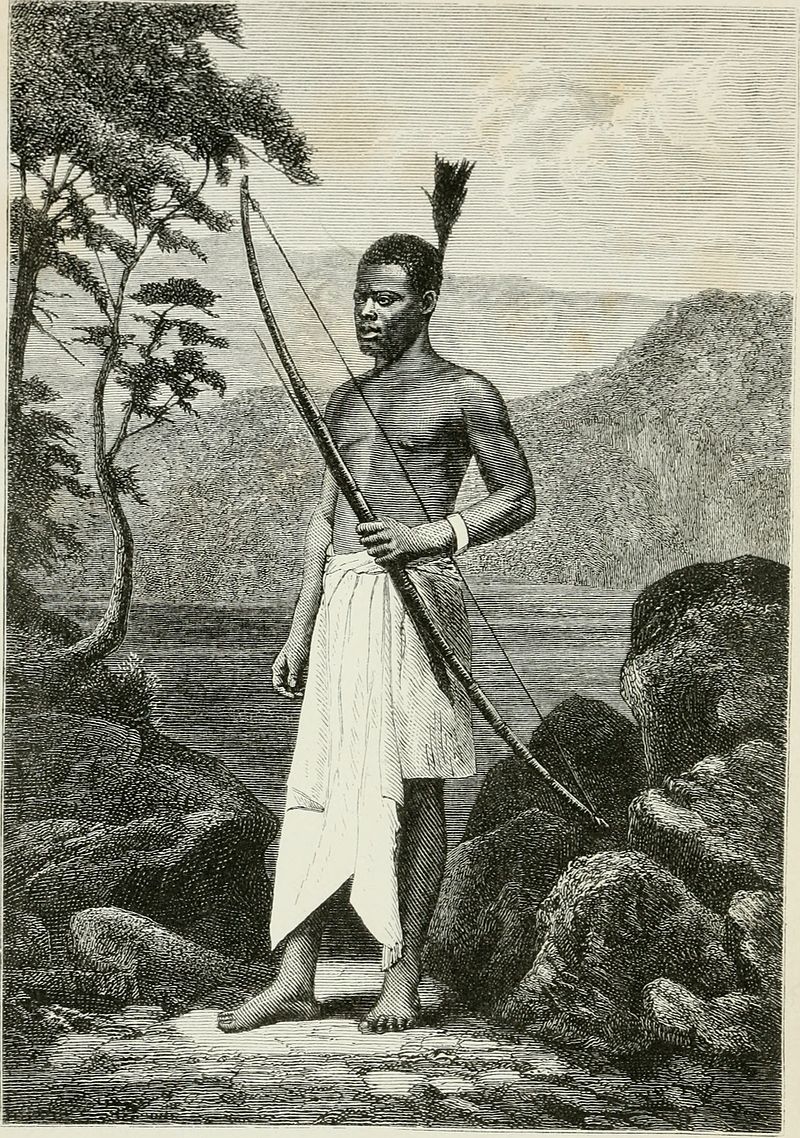
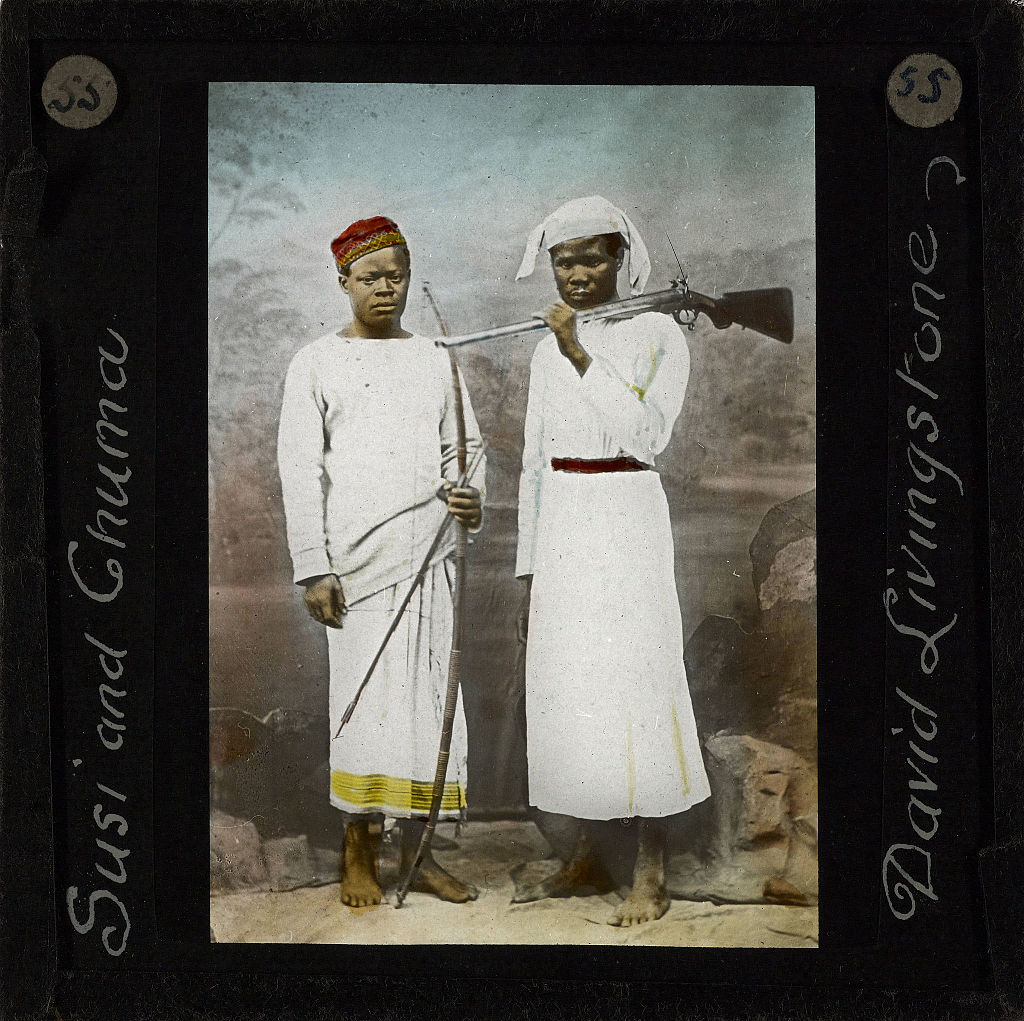
European exploration of Africa and the so called Age of Discovery in the 15th century, pioneered by the Kingdom of Portugal under Henry the Navigator. Europeans explored regions across the globe, most of which were already inhabited. Many scholars now call it the Contact Period, European colonization period or the age of European expansion.
As more people travelled to far lands in Europe, Africa, Asia and the Americas the Royal Geographical Society came up training classes, manuals, and books "Hints For Travelers" to help them document what they saw, for example names of lakes, communities, rivers, languages & foods.
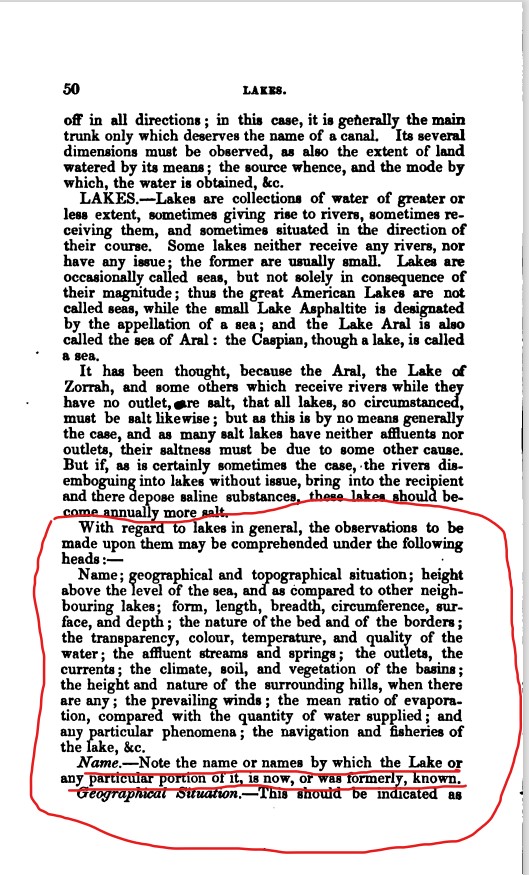
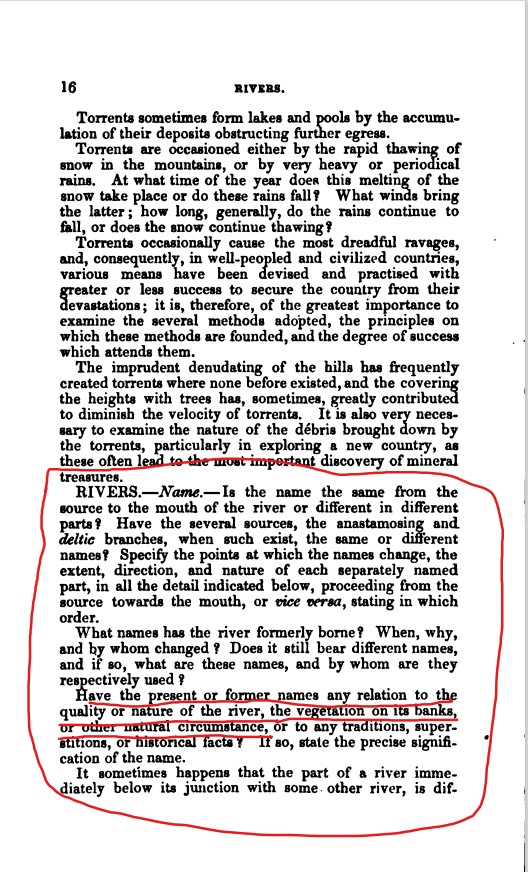
Example from different region, but shows that some caravan recruits and leaders understood, or spoke several African languages. Some had even been part of prior African caravans to far away lands mostly for trade.
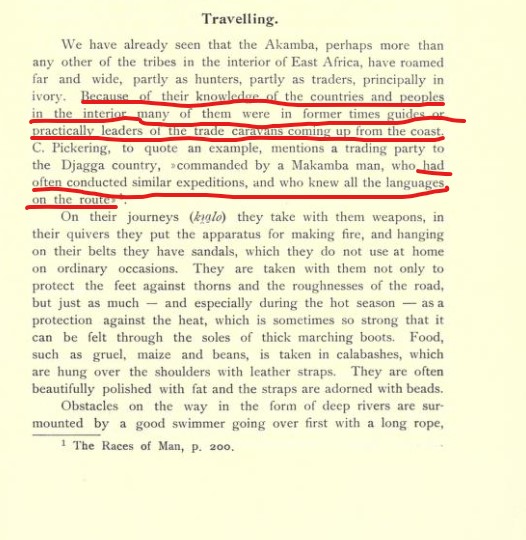
Precolonial African Kingdoms/nations and even lakes had names distinctive of peculiarities of the areas/regions.
"Lakes also have names significative of native ideas, such as the Tanganyika, "The great lake spreading out like a plain," or "plain-like lake". - H M. Stanley
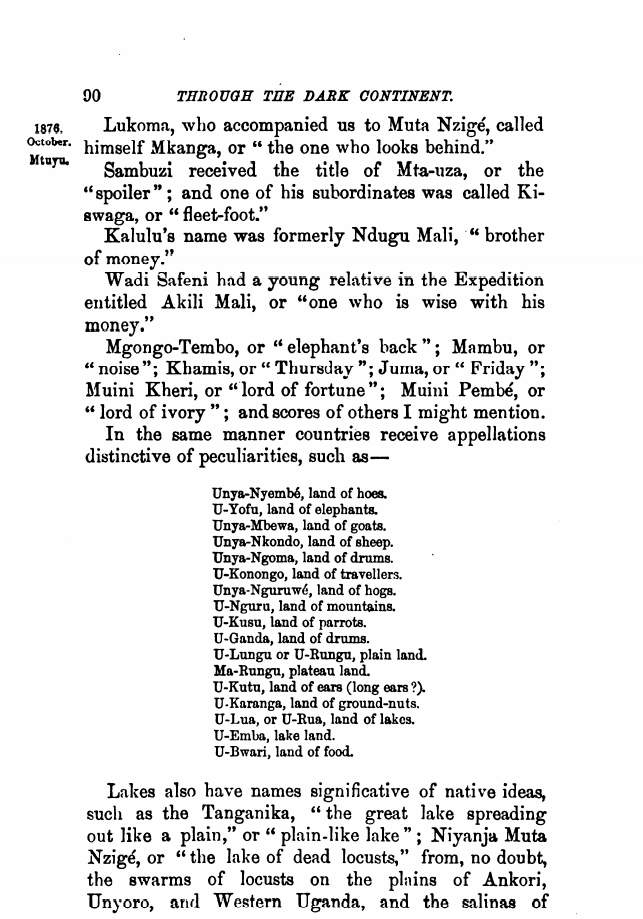

Sources: Wikimedia Commons
commons.wikimedia.org/wiki/File:Victoria5.jpg
commons.wikimedia.org/wiki/File:Africa_(1878)_(14776237225).jpg
Through The Dark Continent, or, The sources of the Nile around the great lakes of Equatorial Africa and down the Livingstone River to the Atlantic Ocean
by Stanley, Henry M. (Henry Morton), Sir, 1841-1904
Publication date 1878
archive.org/details/cihm_33559/page/n117/mode/2up
What to Observe
or
The Traveller's Remembrancer
By J.R. Jackson (Secretary to the Royal geographic Society and member of various other scientific and literary societies at home and abroad)
archive.org/details/whattoobserveor04jackgoog/page/n16/mode/2up